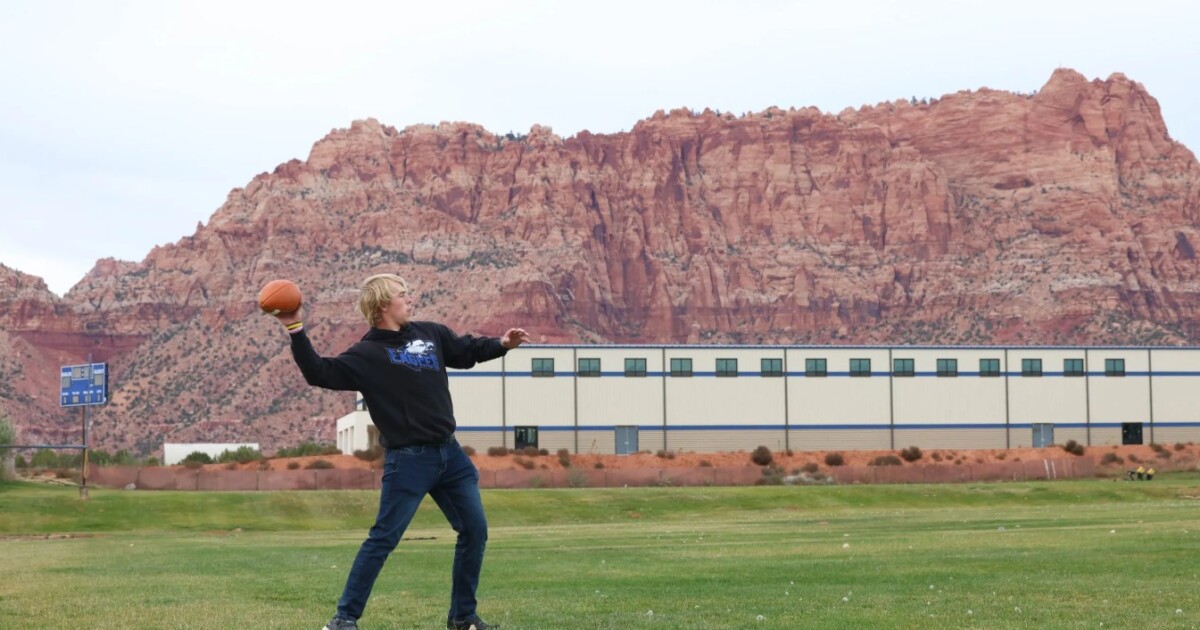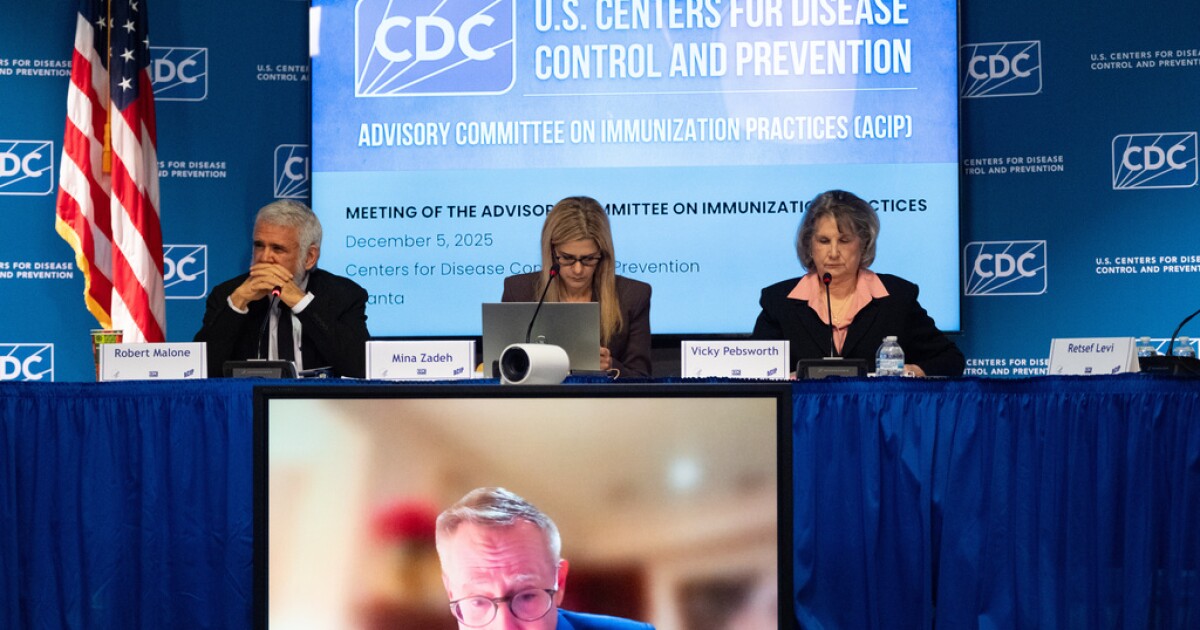Article Summary –
As Donald Trump prepares for a second presidential term, concerns arise about potential impacts on abortion rights and reproductive health services, including a possible national abortion ban, restrictions on birth control, and the defunding of Title X family planning services. Legal challenges continue in Wisconsin regarding an 1849 law interpreted as banning abortion after the Supreme Court’s reversal of Roe v. Wade, while broader implications are considered, such as the enforcement of the Comstock Act and the use of “fetal personhood” laws against IVF. Amidst these challenges, advocates like Tanya Atkinson emphasize the importance of legislative advocacy and constitutional amendments to safeguard reproductive rights, highlighting a shift in voter engagement following the heightened conservative focus on reproductive health issues.
As President-elect Donald Trump gears up for a second term, concerns are mounting over the potential impact of his presidency and a Republican-controlled U.S. Congress on abortion rights.
Tanya Atkinson, Planned Parenthood Wisconsin’s president, expressed to the Wisconsin Independent her worries about the Trump administration targeting birth control access, in vitro fertilization, and a possible national abortion ban.
Abortion remains legal in Wisconsin up to 20 weeks of pregnancy. After the Supreme Court overturned Roe v. Wade in 2020, abortion services paused for 15 months due to an 1849 law interpreted as a ban. A Dane County judge in 2023 ruled the law targeted feticide, not abortion. The Wisconsin Supreme Court heard arguments on Nov. 11 in a lawsuit against this pre-Civil War law, with a decision expected soon.
Atkinson noted, “They might pursue a national abortion ban, but there are other ways they could impact reproductive health services legislatively and administratively.”
Under Title X of the Public Health Service Act, funding supports low-cost family planning services for minors without parental consent. Atkinson warned this funding could be cut under Trump.
“Access to contraceptives is at risk. They might reintroduce the gag rule affecting Title X, as we’ve seen shifts based on different administrations,” Atkinson observed.
Rachel Rebouché, dean of Temple University’s Beasley School of Law, indicated the Trump administration might use the Department of Justice to enforce the 1873 Comstock Act, which criminalizes mailing abortion-related materials, carrying severe penalties.
Mary Ziegler, a University of California Davis law professor, highlighted the potential for the anti-abortion movement to push “fetal personhood” laws that might outlaw IVF, suggesting GOP support for such measures.
Voters re-elected Democratic Sen. Tammy Baldwin alongside Democrat Reps. Gwen Moore and Mark Pocan in Wisconsin’s Nov. 5 election. Although the GOP maintained control of the state legislature, Atkinson noted potential Democratic gains in 2026 due to new district boundaries.
If the legislative balance shifts, Atkinson suggested Wisconsin could attain a “pro-reproductive freedom, pro-birth control Legislature” by 2026.
Since Dobbs v. Jackson Women’s Health Organization reversed Roe v. Wade in 2022, Planned Parenthood clinics have seen fewer patients due to confusion over available services, according to Atkinson. She stressed the need to clarify available reproductive care, noting a rise in sexually transmitted infections post-Dobbs.
Atkinson emphasized the conservative movement’s use of reproductive health as an electoral issue, urging commitment to initiatives like a state constitutional abortion amendment.
“For Planned Parenthood, the long-term goal is to enshrine bodily autonomy in the constitution,” Atkinson stated. The focus remains on ensuring legislative accountability and pursuing constitutional amendments.
Planned Parenthood of Wisconsin will mark its 90th anniversary in 2025, and Atkinson observed an unprecedented increase in abortion rights activism during her two decades as a community organizer.
“People realize it’s not just about abortion but broader bodily agency and autonomy,” Atkinson said.
—
Read More Wisconsin News










